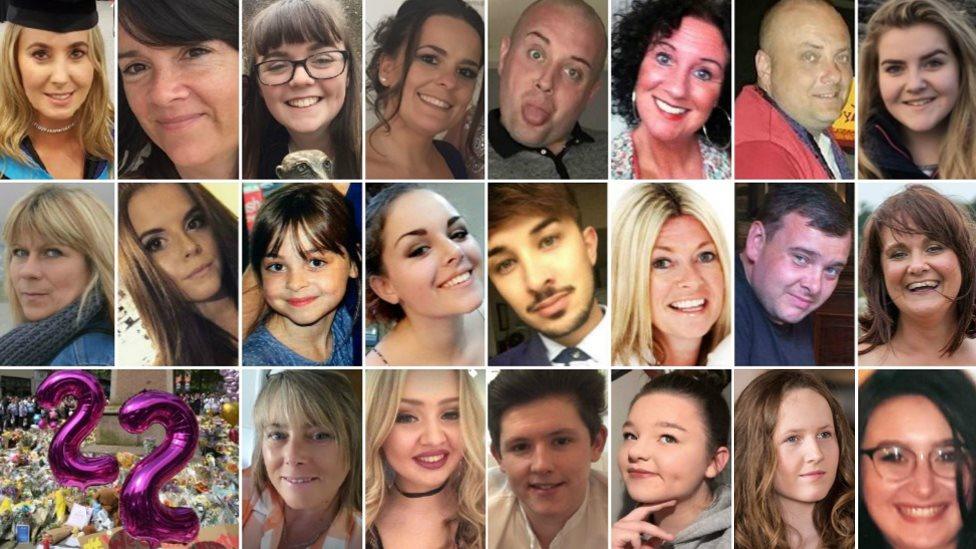Manchester Arena attack: MI5 'negligence' claim over bombing
- Published

Twenty-two people were killed by a suicide bomber after an Ariana Grande concert
MI5's failure to prevent the Manchester Arena attack centred on a mistake so serious that it could be seen as negligent, the BBC has been told.
The security agency apologised in March for not preventing the suicide bombing by Salman Abedi, who killed 22 people.
Two sources told the BBC that MI5 received intelligence in the months before the 2017 attack, linking Abedi to a possible bomb plot.
The government said it would "not confirm or deny allegations".
But the well-placed sources anonymously told us that the information was assessed as unreliable.
The BBC understands that, contrary to best practice on handling intelligence, there was no joint assessment of the information with Counter Terrorism Policing North West or other counterterrorism police.
One of the sources told BBC Newsnight the information should have been a "red flag" and should have prompted a well-resourced investigation that could have uncovered the plot.
The second source described it as a huge mistake and a failure of assessment by MI5.
When told about the intelligence given to MI5, Andrew Roussos - whose eight-year-old daughter Saffie was the youngest victim to be killed in the attack - said: "Why did you [i.e. MI5] not act on that information?
"That's, that's…that's what's going through my head now, why did you not act?"
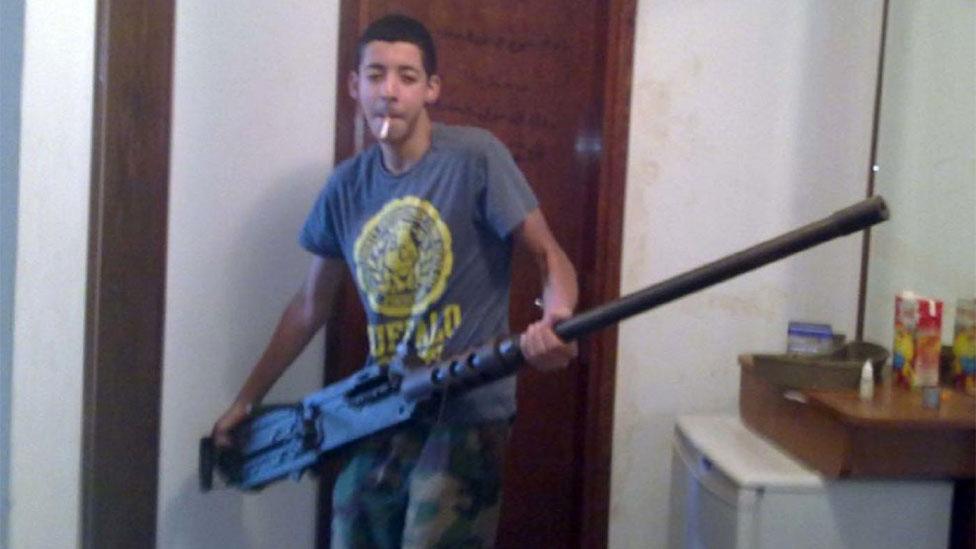
Salman Abedi pictured with a weapon in Libya
A search using Abedi's name on MI5 databases would have produced several traces dating back to 2010.
He had been under investigation for links to Islamist extremism in the past.
He had also been in contact with supporters of Al Qaeda and so-called Islamic State.
He had been designated twice as a subject of interest (SOI).
Mr Roussos said: "You might turn around and say this is not strong enough information.
"But surely as MI5, you would then think, 'well, OK if we look at our history, we've known this guy from 2010'."
Earlier this month, MI5 director general Ken McCallum said it was "profoundly sorry" for not stopping the attack following a Manchester Arena public inquiry report's conclusion that "a significant opportunity" to prevent the bombing had been missed.
Speaking on 2 March - after the inquiry report had been published - Mr McCallum said: "Gathering covert intelligence is difficult, but had we managed to seize the slim chance we had, those impacted might not have experienced such appalling loss and trauma.
"I am profoundly sorry that MI5 did not prevent the attack."
A detailed account of what went wrong does not appear in the published report because most of the evidence on handling intelligence was heard in closed, secret sessions.
BBC Newsnight has had no access to that and so cannot be sure whether the information from the two sources who spoke to us was heard by the inquiry.
But several major failures are referenced in the open version of the report and these appear consistent with the account given to us.
Giving evidence to the public inquiry last year, a senior security service manager - Witness J - said MI5 received two pieces of intelligence in the months before the attack and "the significance of this 'was not fully appreciated at the time'".
The open report refers to these as piece of intelligence 1 and piece of intelligence 2.
Witness J said they were assessed to be related to "possible non-nefarious activity or to non-terrorist criminality on the part of SA (Salman Abedi)".
But Manchester Arena Inquiry chairman Sir John Saunders disagreed after speaking to frontline intelligence officers in closed evidence sessions.
His open report states he does not consider this assessment to present an accurate picture.
He is also critical of one MI5 officer, known as Witness C, for delaying a report about one of the pieces of intelligence received.
That delay, Sir John said, resulted in a "significant missed opportunity to take action that might have prevented the attack".
Watch: Inquiry chairman Sir John Saunders speaks of "significant missed opportunity"
Sir John concluded there was "a real possibility" that investigative action "could have given rise to information which meant Salman Abedi's return to the UK on 18 May 2017 (four days before the attack) would have been treated extremely seriously by the Security Service".
"This could have led to Salman Abedi being followed to the Nissan Micra which contained the explosive," the report said.
In response to detailed questions from BBC Newsnight, a government spokesperson said: "It is a longstanding principle that the government does not confirm or deny allegations, assertions or speculation about UK intelligence operations, and therefore will not engage in speculation about the inquiry chair's findings."

Richard Watson's film about the failure to prevent the Manchester Arena attack will be on BBC Newsnight on BBC Two at 22:30 BST on Friday and BBC iPlayer.

Why not follow BBC North West on Facebook, external, Twitter, external and Instagram, external? You can also send story ideas to northwest.newsonline@bbc.co.uk, external
- Published5 March 2023
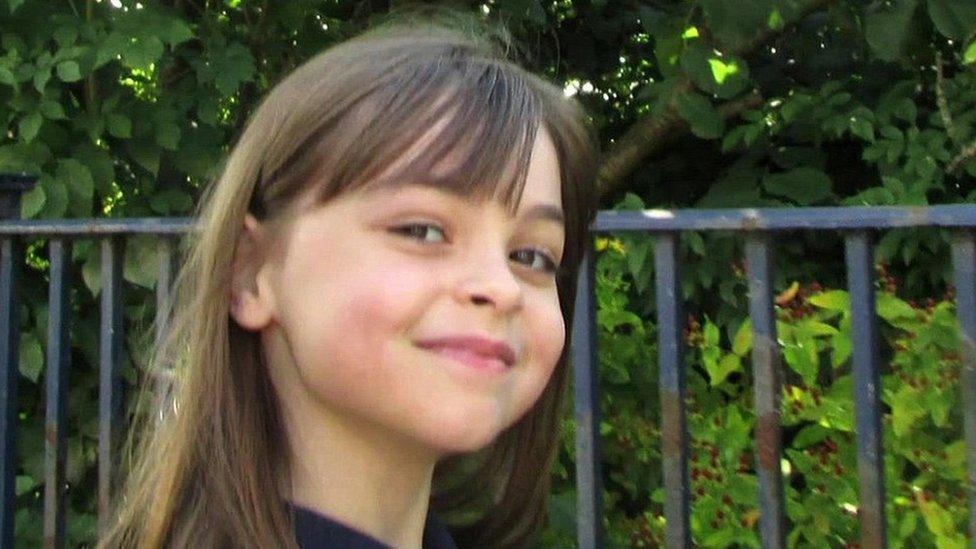
- Published2 March 2023

- Published7 March 2022

- Published2 March 2023
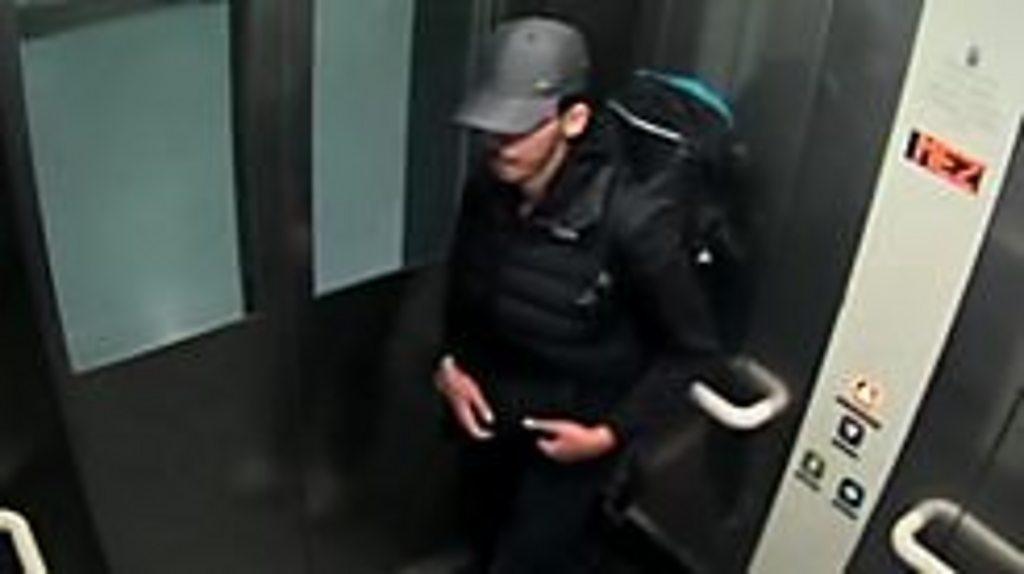
- Published28 February 2023
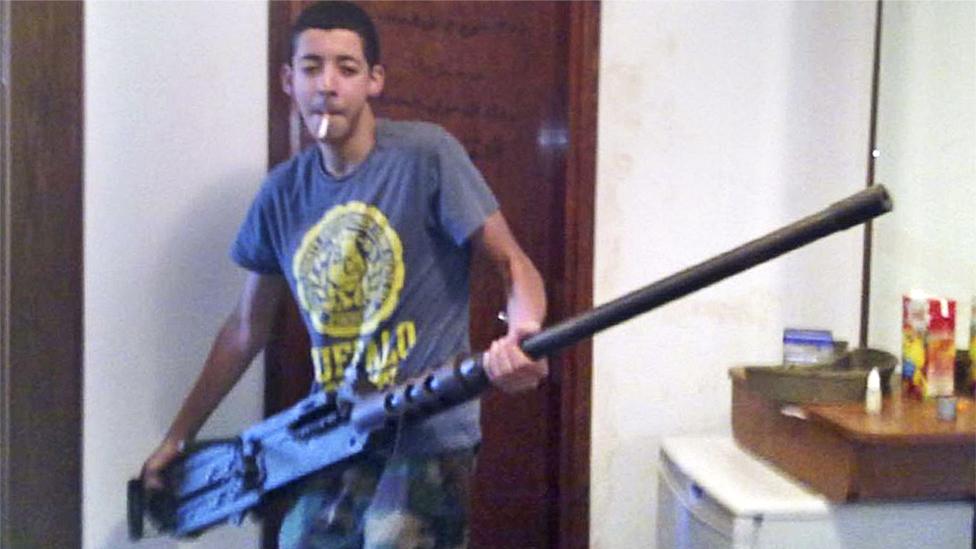
- Published3 November 2022
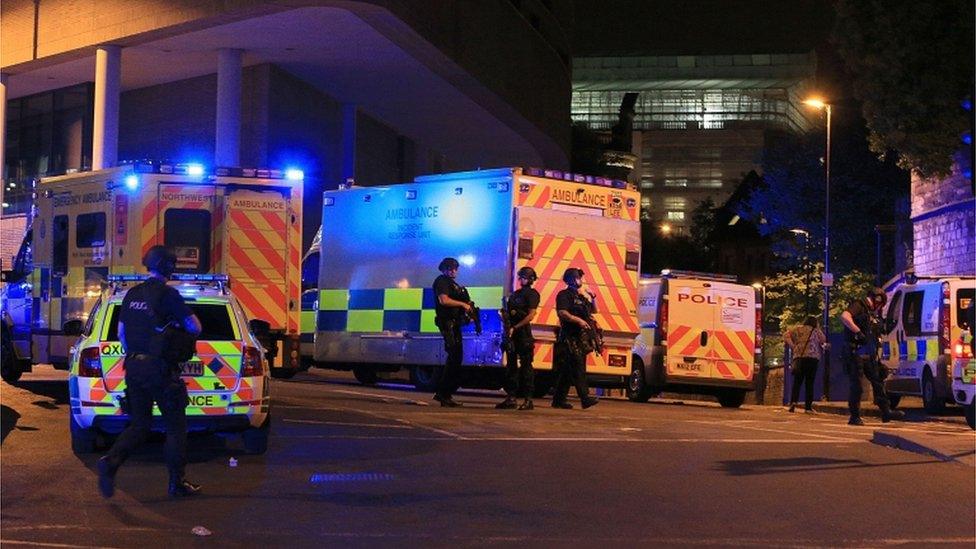
- Published17 June 2021

- Published3 November 2022

- Published7 September 2020
